In 1937, the globe was once again on the verge of a massive conflict. If Westerners looking for ways to avert war looked to the East, they would find nothing encouraging. The Second Sino-Japanese War started in this year. Although the traditional view is that World War II began in 1939 with the German invasion of Poland, one may argue that this was the start of the war. Even so, this can be considered the start of World War II in Asia.
Another significant political event occurred in 1937, when King George VI and Queen Elizabeth of the United Kingdom were crowned. Because King George VI ascended the throne after his brother, Edward VIII, abdicated, this was a once-in-a-lifetime occurrence. After leading the United Kingdom through WWII, George VI was succeeded by Queen Elizabeth II, who went on to become Britain’s longest-reigning monarch. The King’s Speech, a 2010 film, depicted the tumultuous events surrounding King George VI’s coronation.
The Golden Gate Bridge in San Francisco, California, was also inaugurated in 1937. This was a true engineering marvel, arguably one of the best of the twentieth century. This year, one technical miracle was matched by a technological calamity. The horrific Hindenburg accident, in which the German airship Hindenburg burst into flames in New Jersey, killing more than 30 people, will forever mark 1937.
For literature and movies, this was a pivotal year. The first edition of J.R.R. Tolkien’s immortal work, The Hobbit, was released in London in 1937. To Have and Have Not, by Ernest Hemingway, was published in the United States in this year. The first feature-length, traditionally animated picture, Walt Disney’s Snow White and the Seven Dwarves, was released. This was also the year that Charlie Chaplin’s first “talkie,” Modern Times, was released.
Continue reading to discover more about the events of 1937. (February 16, 1937) (April 22, 1937) (May 06, 1937) (May 12, 1937) (June 14, 1937) (July 02, 1937) (July 05, 1937) (September 21, 1937) (December 13, 1937) (December 21, 1937)
Event 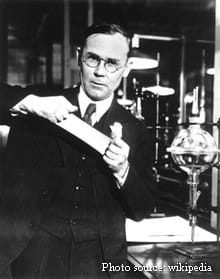
Wallace Hume Carothers, a chemist at DuPont, invented nylon. 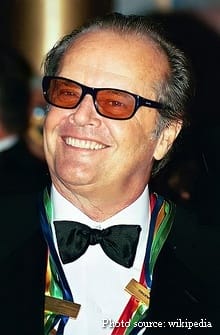
Jack Nicholson, one of the most well-known actors of his generation, is born. He is well known for his diverse depictions of eccentric, alienated outsiders. 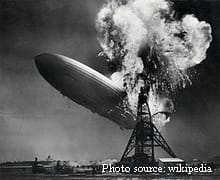
The German dirigible Hindenburg erupted into flames and was destroyed on this day in 1937, while landing in Lakehurst, New Jersey, on its first transatlantic journey of the year, killing 36 of the 97 people aboard. 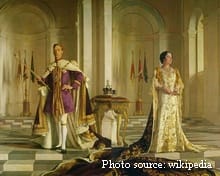
Following Edward VIII's abdication, King George VI of the United Kingdom was crowned. 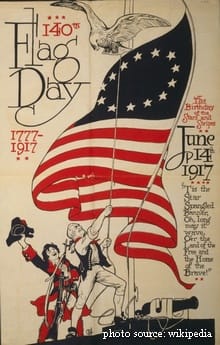
Pennsylvania becomes the first (and so far only) state in the country to declare Flag Day a state holiday. 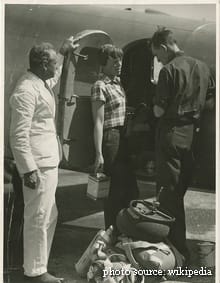
Amelia Earhart and navigator Fred Noonan were last heard from over the Pacific Ocean when they attempted the first equatorial round-the-world journey. 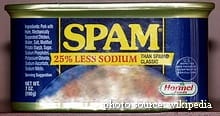
Hormel Foods Corporation introduces Spam, the luncheon meat, to the market. 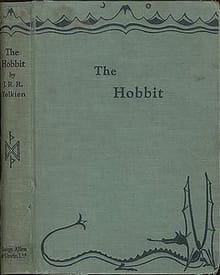
The Hobbit, the acclaimed and iconic coming-of-age fantasy by English writer J.R.R. Tolkien, was released.
photo source: wikipedia.org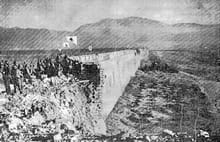
During the Sino-Japanese War, the Japanese Imperial Army seized Nanjing, China, resulting in the Nanjing Massacre, which may have killed up to 300,000 Chinese.
photo source: wikimedia.org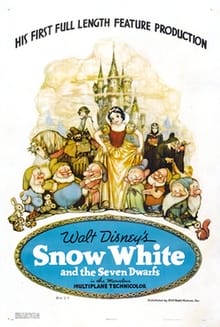
Snow White and the Seven Dwarfs, a great animated film, was released, establishing Walt Disney as one of the world's most imaginative and creative filmmakers.
photo source: wikimedia.org





GIPHY App Key not set. Please check settings